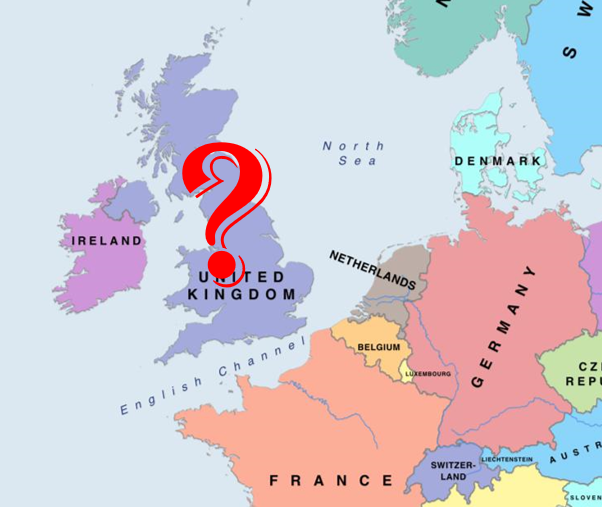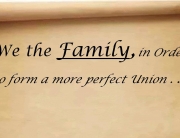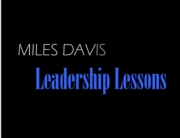By now, we’re all tired of hearing about Brexit. But if you look beyond the political antics, Brexit offers valuable Lessons Found on contingency planning for businesses. Here are a few examples.
Supplier diversification: One British flower grower found an unwanted lesson when costs increased substantially for imported tulip bulbs and specialized packaging as the value of the pound sterling plummeted due to Brexit. How dependent is your business on a individual vendors? Will you be able to provide the same quality of product or service if that vendor experiences problems or even closes shop? And this applies to suppliers of both inventory and supplies.
Customer diversification: Out of Brexit, you primarily hear of geographic diversification such as British based Cocofina looking for new customers in the Middle East and India. Planning should consider alternatives to diversify your customer base such as extensions to untapped demographics or different uses of your product or resources such as the British farmer shifting from exportable barley to higher priced birdseed. (Beyond contingency planning, owners should always be considering these options during your annual reviews of current business plans.)
Communication: One British trade association advises members to talk to customers to ensure customers understand potential implications of the Brexit scenarios. Your contingency plan should cover reaching out to customers to prepare and reassure when issues arise and just before they are impacted. The plan should also cover internal communications as well as sharing pertinent parts of the plan upfront to reassure your staff of the company’s long-term stability. As an example, one topic to cover is what happens in case of the loss of key executives or even the owner. Assuring your team there is a plan reinforces the company’s long-term prospects and increases retention.
These are just a small sampling of what should be included in your contingency plan. Another Lesson Found from Brexit is how important it is to take the time to plan for unexpected eventualities as well as to schedule regular reviews especially when there are significant changes in technology or staff.
Who in your company has responsibility for preparing and reviewing contingency plans?
Life brings us lessons every day. Sometimes from expected sources. And sometimes from sources and situations we never would have thought possible. Either way, they are a gift found. I am fortunate to find these types of lessons regularly and wanted to share them with you with this weekly series of “Lessons Found”.
Did you recently receive the gift of a Lesson Found that has helped you with management, marketing or another aspect in business? I would love to hear about it. Comment below or send me an email to let me know
IMAGE SOURCE: Mapswire.com













































































